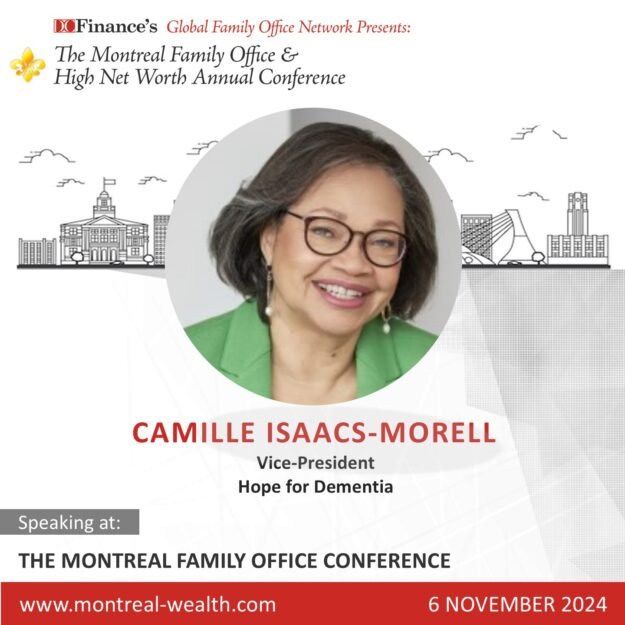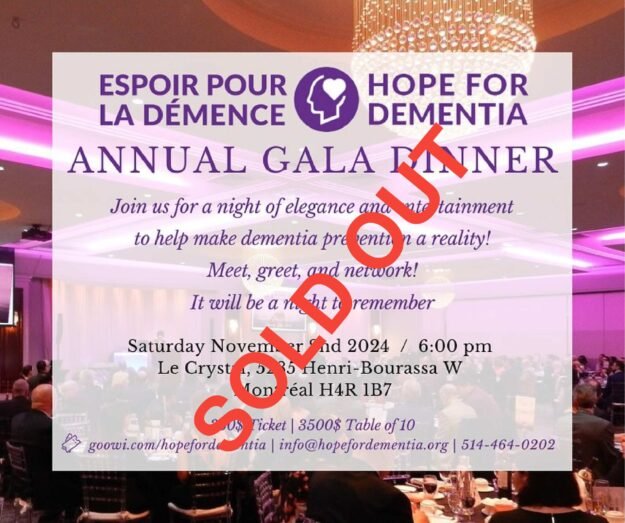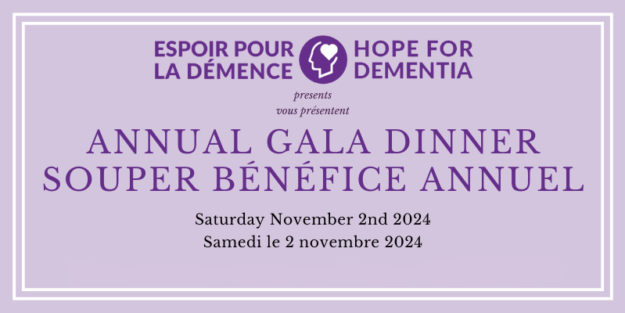Dementia prevention: a new proactive approach
Hope for Dementia is thrilled to attend and speak at The Montreal Family Office and High Net Worth Conference on Wednesday 6 November. Camille Isaacs Morell will speak about a new proactive approach to dementia prevention. Current trends indicate that by 2030 there will be one million people living with dementia in Canada. A growing…








